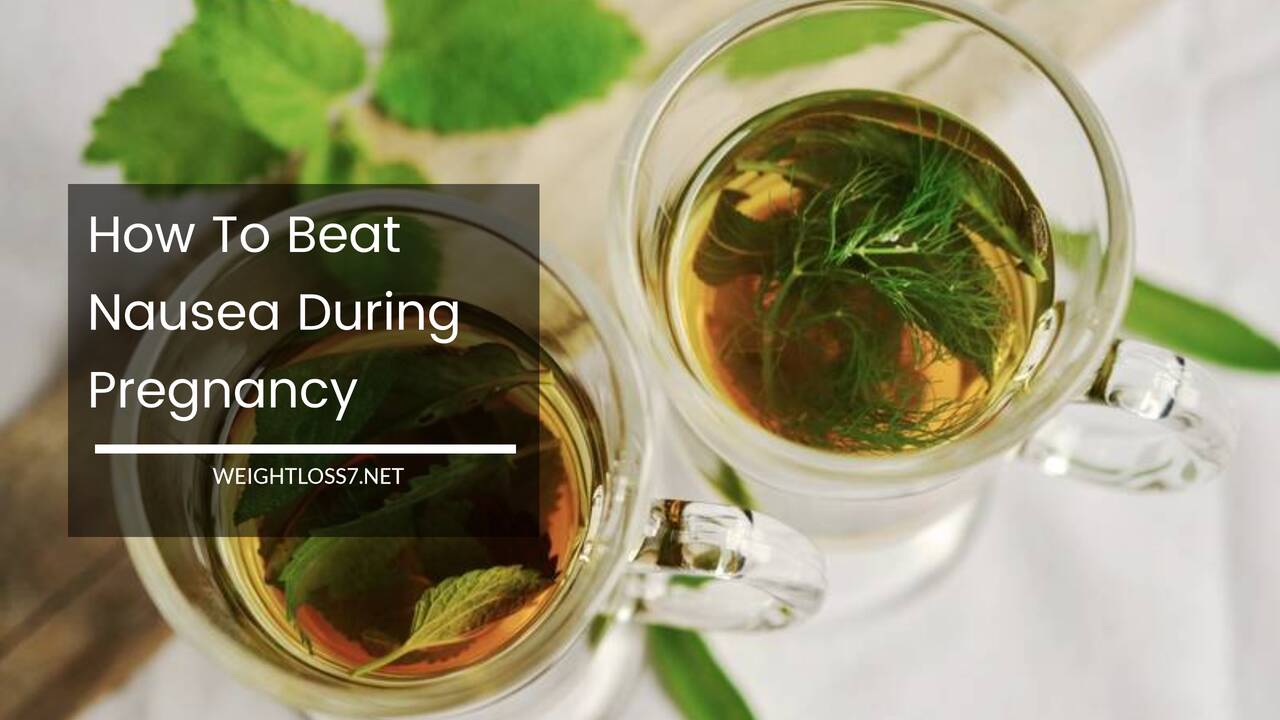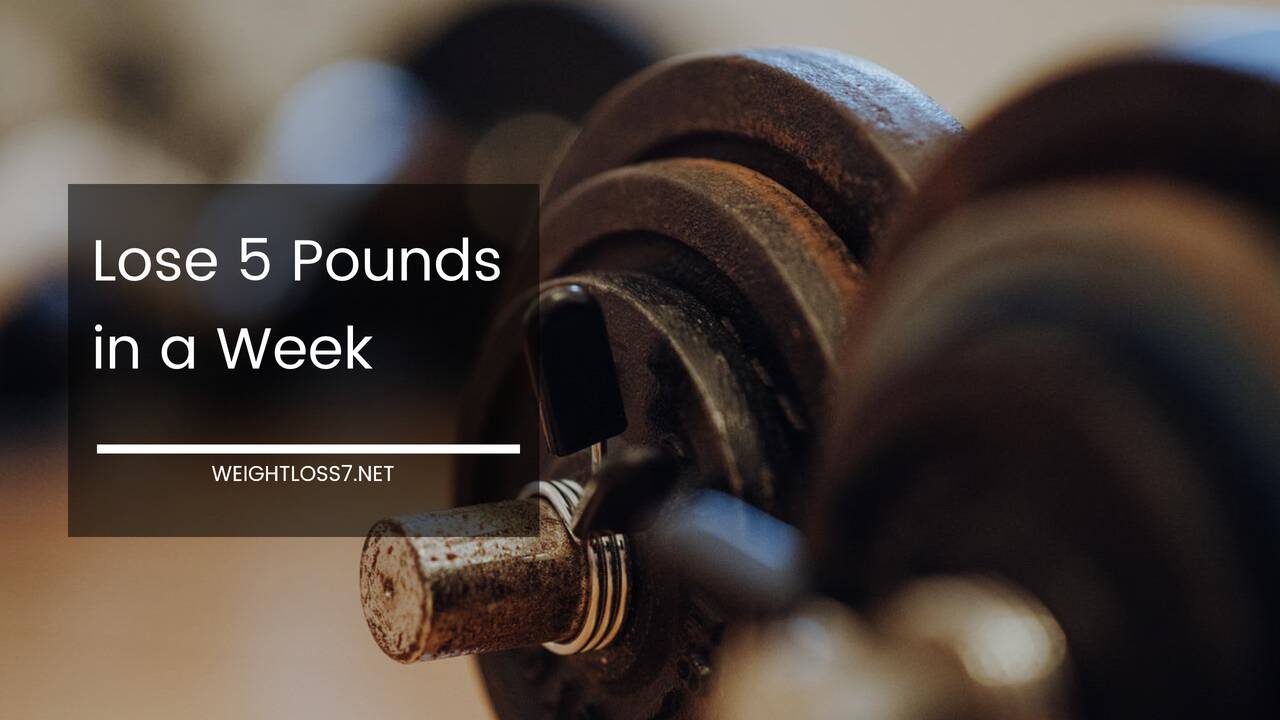How To Beat Nausea During Pregnancy

Morning sickness is common among expectant mothers during the first trimester of pregnancy. It usually subsides after the 16th week.
Nausea does not limit itself solely to this phase of pregnancy, however. Nausea also occurs for many women in the third trimester.
This makes an already difficult time even worse. The baby is getting heavier, the mom to be is tired, back pain becomes more prominent, sleeping can be difficult, feet and legs swell, and shortness of breath occurs.
Take all of the other symptoms of the final trimester and add in morning sickness. Doesn’t sound like much fun, does it?
Heartburn is common in the final months of pregnancy, and it only contributes to the problem. Normally, a special muscle between your stomach and esophagus, called the cardiac sphincter, keeps acid from seeping up into the esophagus.
But because of the increased hormone levels roaming throughout your body, this muscle relaxes during pregnancy and does not perform its usual job. This, in turn, creates heartburn for the expectant mother.
The uterus expands a good bit during the third trimester, which in turns places pressure on the bladder and pushes the stomach upward, making the heartburn more pronounced.
A mom-to-be starts to feel like she will be pregnant forever. She won’t be, but she certainly starts to feel like it.
Nine months does not sound like a long time to some folks. It is a long time to undergo so many bodily changes and the discomforts associated with pregnancy.
Some of the same remedies that bring relief in the early stages of morning sickness will provide some comfort now.
Avoid spicy and greasy foods. Foods that commonly cause heartburn for non-pregnant people are certainly foods you should avoid if you are expecting.
Foods that fall into this category are spicy ethnic foods, onions and peppers cooked heavily in butter, greasy fried foods, spicy meats such as pastrami or corned beef, and pizza loaded with peppers and onions.
Frequent smaller meals are better than three large meals. With the added pressure on your stomach from the enlarged uterus, the stomach digests the food better if it is ingested in smaller doses rather than much larger portions.
Ginger is a common solution for nausea. Preggie Pops are another popular remedy for stomach queasiness. Motion sickness bands worn around the wrist usually provide some relief.
If you do experience nausea or vomiting, be careful not to allow your body to dehydrate. Sip ginger ale served over crushed ice.
If the morning sickness interferes with your ability to eat, talk to your doctor. Proper nutrition through pregnancy is critically important for both you and your baby.
How you eat (or don’t eat) during pregnancy will affect your child throughout their entire life. The baby needs proper nutrients in order to develop properly in all phases of growth.
Nausea late pregnancy does not necessarily indicate something is wrong. If you feel the nausea is associated with a virus or sickness and not pregnancy related, consult your doctor.
Medications of any kind are a last resort during this time as they can cause damage to the baby. Your immune system will be much more able to ward off sickness if you eat nutritiously and take care of yourself.

















